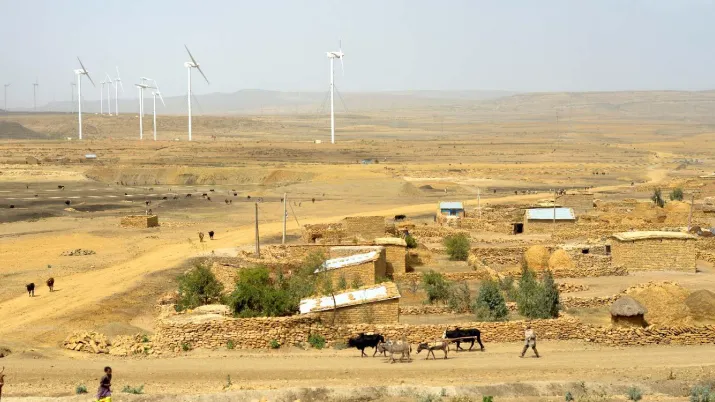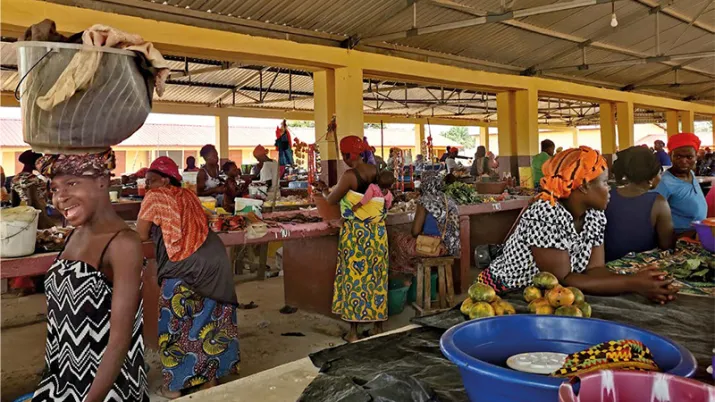Share the page
Project preparation funds
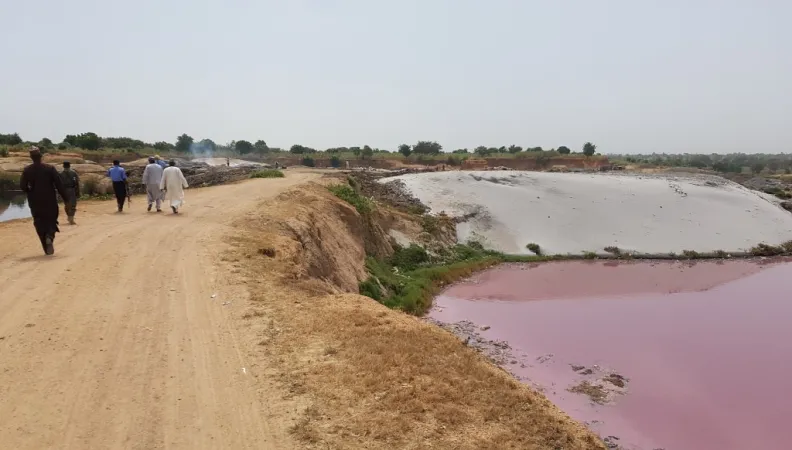
Partnership tools to ensure needs are taken into account upstream.
Project preparation funds are used to finance feasibility studies and technical assistance in order to prepare future investment projects, mainly with climate co-benefits. They target both specific sectors and regions. The objective: ensure that needs are properly identified, while respecting the strategies and standards of the institution which implements them.
These tools are increasingly common and are generally managed by AFD, but they are financed by other donors, mainly the European Union.
EUROCLIMA+
A facility dedicated to Latin American countries to assist them in the implementation of their climate commitments
EUROCLIMA+ is a European regional program launched following the adoption of the Paris Agreement during COP21. It aims to assist 18 Latin American countries in the implementation of their Nationally Determined Contribution (NDC) by strengthening the strategic dialogue and the capacities of countries on climate issues.
With a total budget of EUR 80m for a 5-year period, the program mainly finances technical assistance activities and pilot projects led by various types of actors (national or local public authorities, civil society organizations, research institutes, etc.). It aims to more effectively integrate climate-related issues in six priority sectors of operation, defined in consultation with representatives from eligible countries.
EUROCLIMA+ is implemented by five European bilateral cooperation agencies, including AFD, which has been entrusted with a total budget of EUR 16.5m to finance projects selected via calls for proposals in the sectors of energy efficiency, urban mobility, water management in urban areas and disaster risk reduction, working closely with AECIDand GIZ.
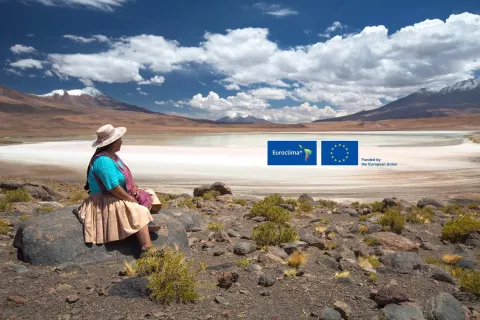
Calls for proposals (in Spanish)
Download the document:
Results of the final selection phase (in Spanish)
Download the documents:
Resolución de la fase de preselección de la convocatoria
Lista de proyectos preseleccionados
Download the documents:
Lista de proyectos seleccionados
Gestión del agua - Informe de preselección
Listado de fichas de pre-formulación seleccionadas
UPFI
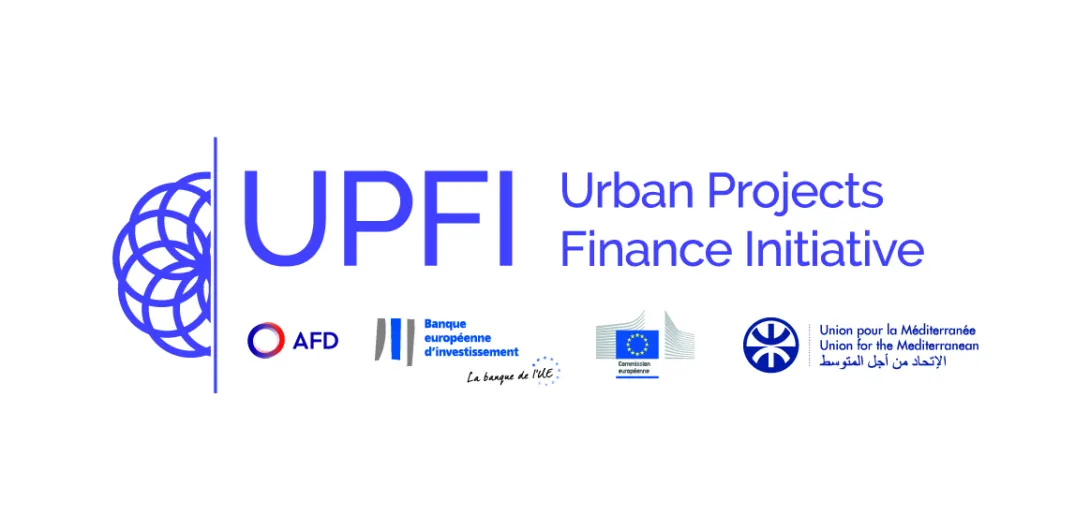
The Union for the Mediterranean (UfM), the European Union, Agence Française de Développement and the European Investment Bank (EIB) have joined forces to build a successful transition towards sustainable Mediterranean cities.
The Urban Projects Finance Initiative (UPFI) supported public project promoters in the southern and eastern Mediterranean, helping them to prepare and finance ambitious and innovative urban development projects, which aim to create jobs, reduce poverty and upgrade the urban fabric.
CICLIA

Launched in 2017 by the European Union, SECO and AFD, the CICLIA facility supports 20 to 25 cities in Sub-Saharan Africa in order to assist them in the implementation of urban projects with climate co-benefits.
CICLIA is based on three main components:
- The financing of feasibility and vulnerability studies. These studies aim to generate an investment.
- Support for existing projects to maximize their impact.
- Support for urban areas in the preparation of their climate strategies.
ARE SCALE-UP
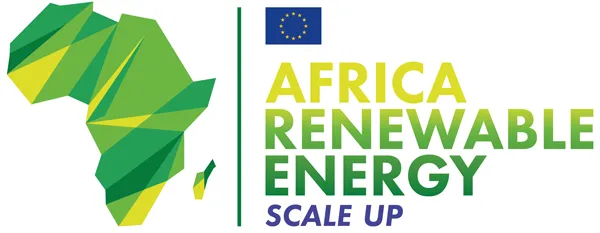
Renewable energies are vital for meeting increasing energy demand in Africa and ensuring access to electricity for all. Addressing these challenges requires both supporting public institutions and mobilizing private actors. The African Renewable Energy Scale-up (ARE Scale-up) facility, co-financed by the European Commission and AFD Group, promotes renewable energy and access to electricity in Africa.
The Sustainable Housing Initiative
To support access to decent housing, AFD has created the Sustainable Housing Initiative (SHI) in 2021. This multi-country facility aims to support the implementation of affordable and sustainable housing policies through technical assistance for public entities in charge of housing at the national and local levels.

